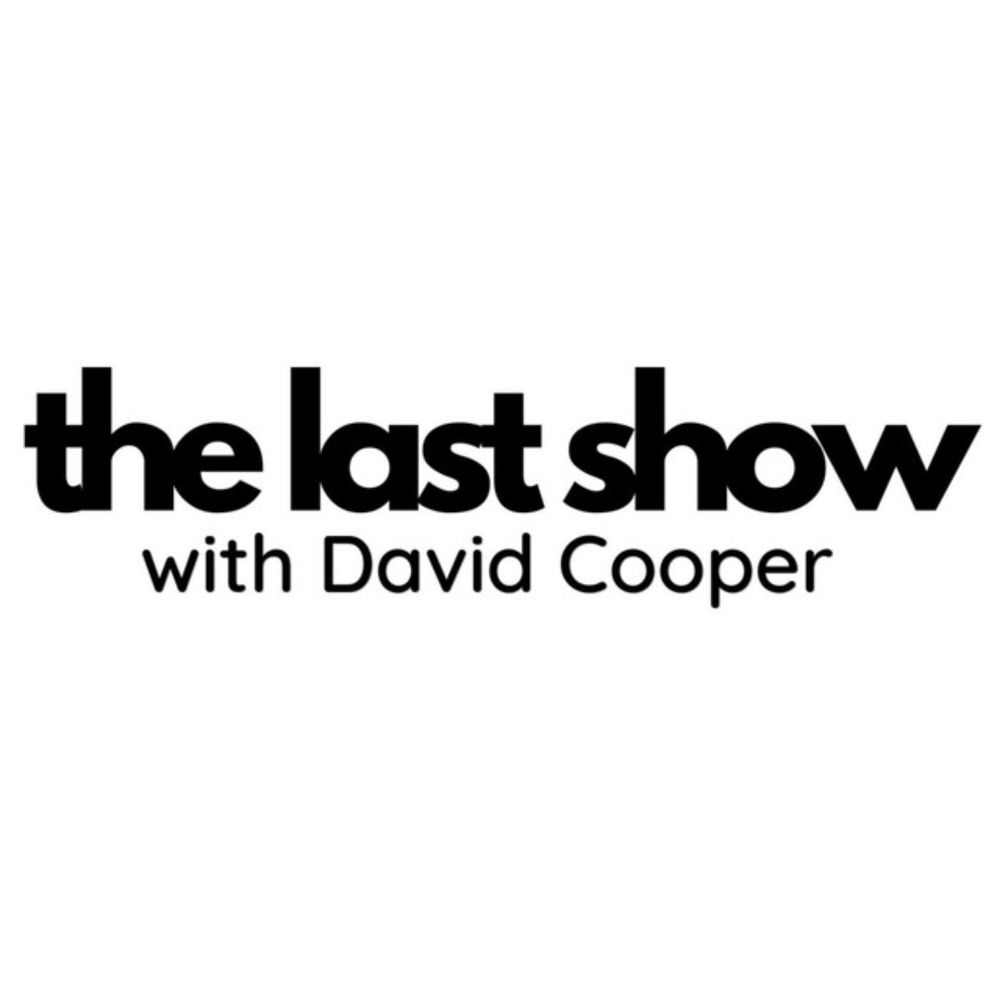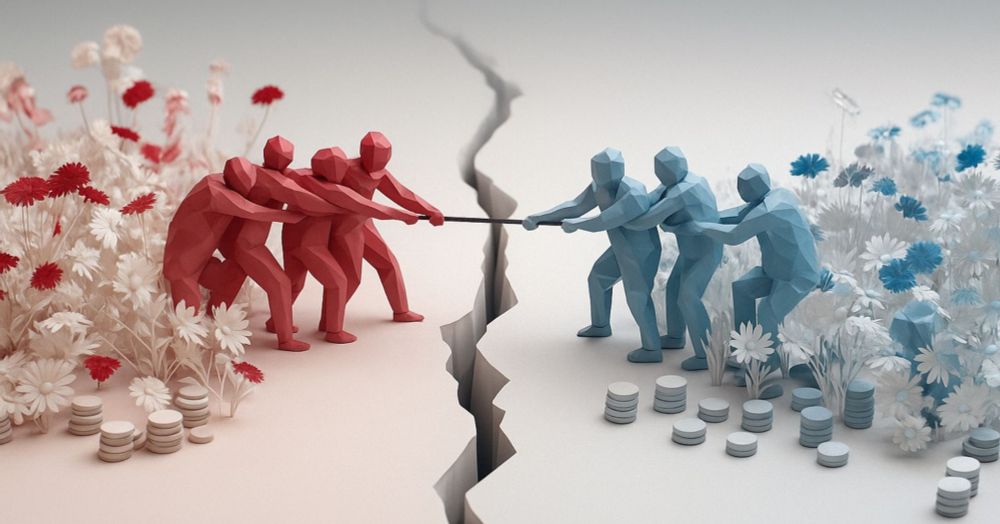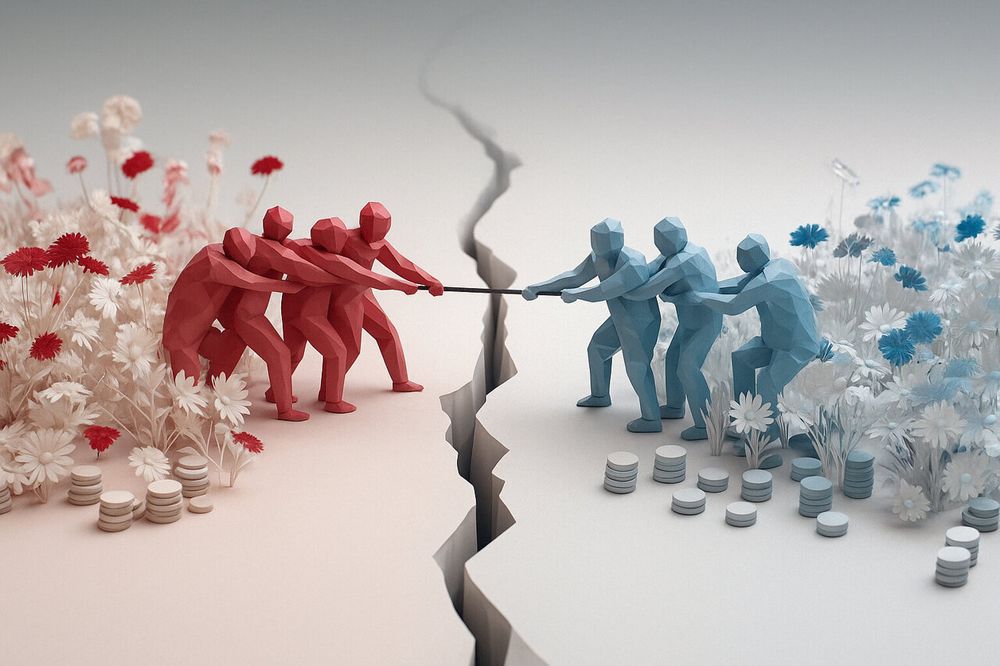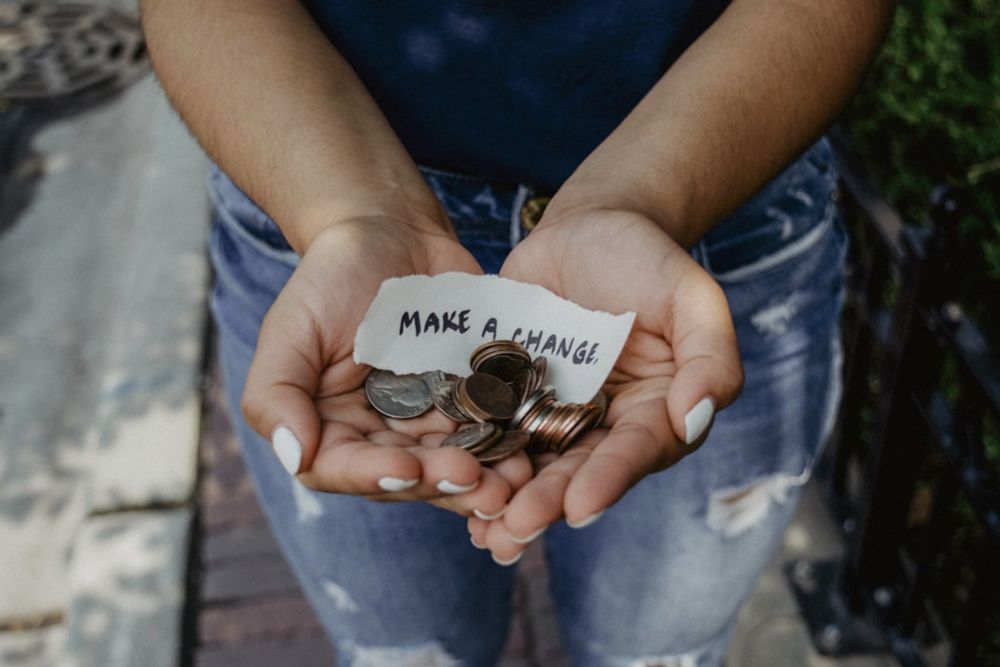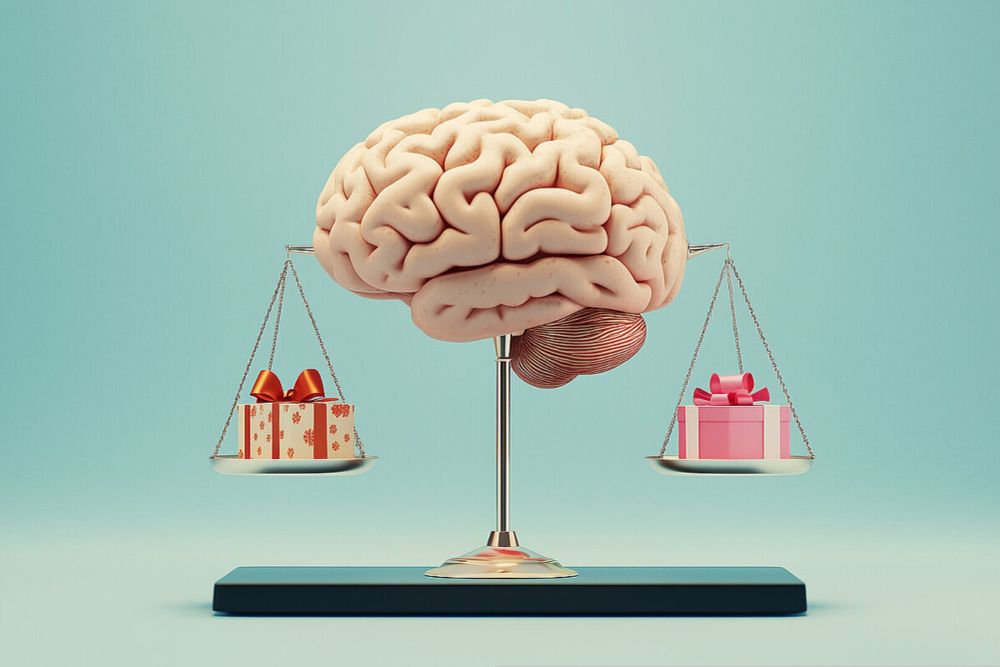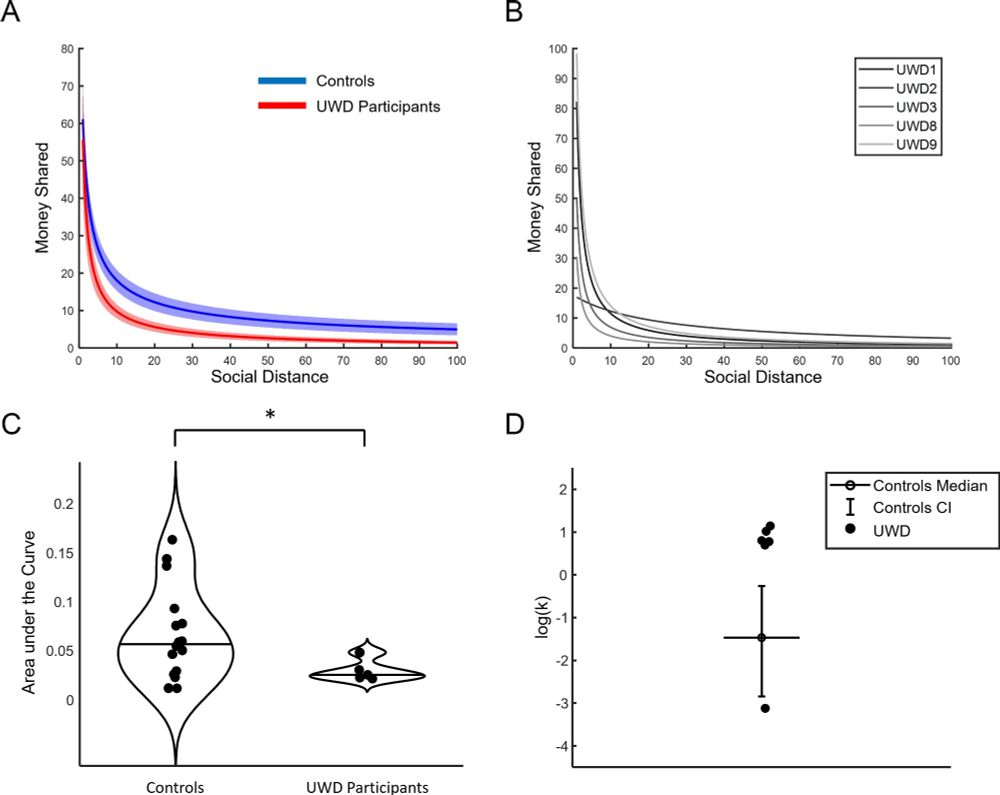Tobias Kalenscher
@kalenscher.bsky.social
240 followers
260 following
22 posts
Cognitive neuroscientist interested in neuroeconomics, decision-making, social (neuro)science and oysters
https://www.psychologie.hhu.de/en/research-teams/comparative-psychology
Posts
Media
Videos
Starter Packs
Reposted by Tobias Kalenscher
Tobias Kalenscher
@kalenscher.bsky.social
· Jul 25
Tobias Kalenscher
@kalenscher.bsky.social
· Jul 17
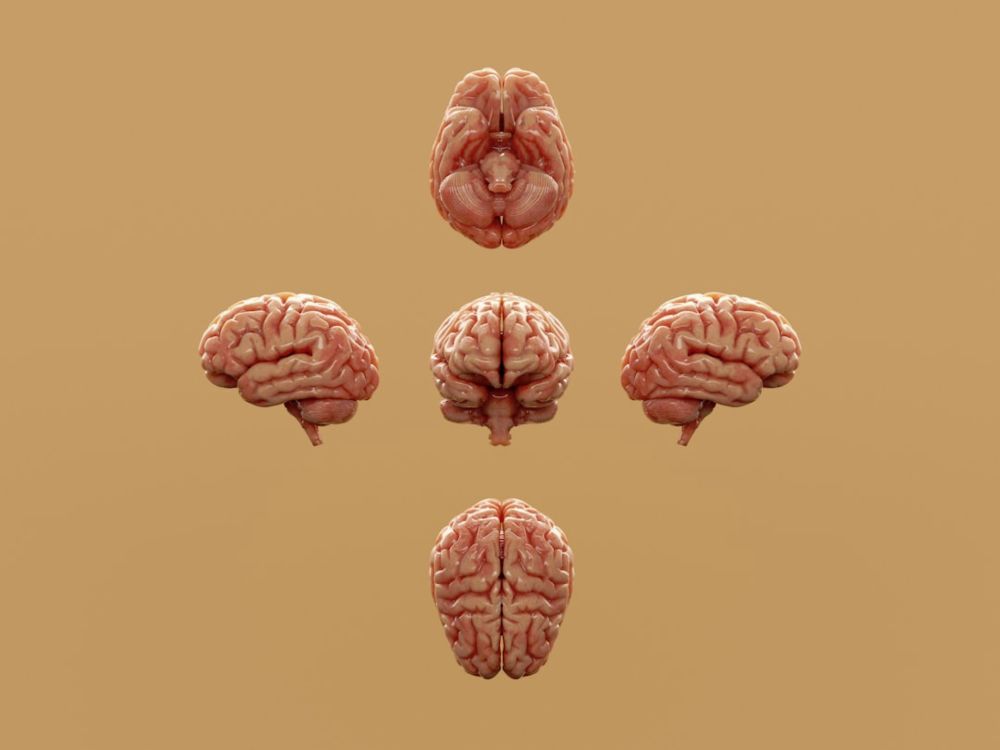
Stress enhances cooperation within groups while simultaneously increasing hostility toward outsiders
Stress is known to affect social behavior, but how exactly it does so is still unclear. In the past, its effects were contradictory: stress has been linked to either more aggressive reactions (fight-o...
www.growkudos.com
Tobias Kalenscher
@kalenscher.bsky.social
· Jul 15
Tobias Kalenscher
@kalenscher.bsky.social
· Jul 15
Tobias Kalenscher
@kalenscher.bsky.social
· Jul 15
Tobias Kalenscher
@kalenscher.bsky.social
· Jul 15
Tobias Kalenscher
@kalenscher.bsky.social
· Apr 16
Tobias Kalenscher
@kalenscher.bsky.social
· Apr 16
Reposted by Tobias Kalenscher
M.J. Crockett
@mjcrockett.bsky.social
· Dec 1

